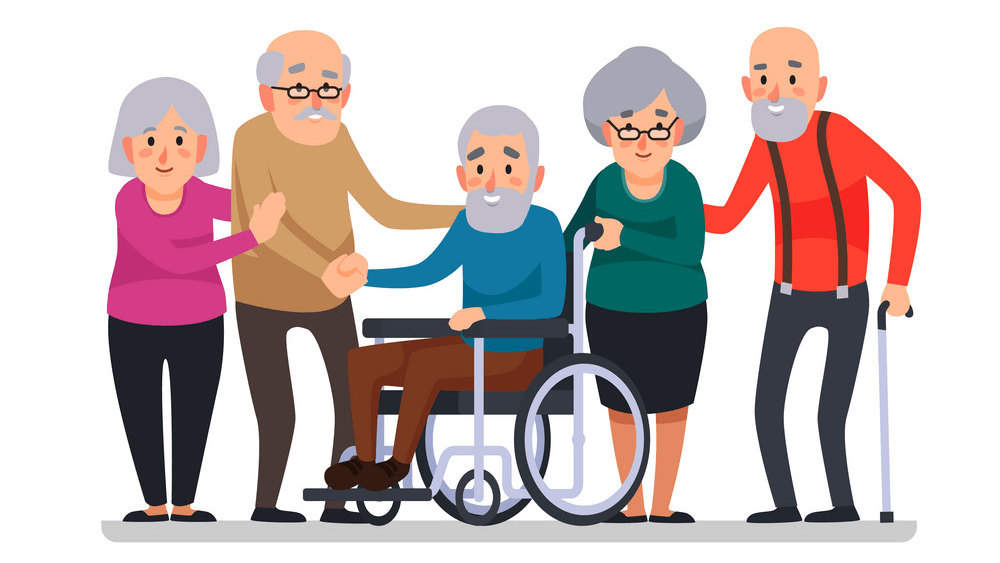Depression is a true and treatable medical condition, not a normal part of aging. Depression is not just having “the blues”, or the emotions we feel when grieving the loss of a loved one. It is a true medical condition that can be remedied, like diabetes or hypertension.
Someone who is depressed has feelings of sadness and/or anxiety that last for weeks at a time. He or she may also experience:
Feelings of hopelessness and/or pessimism
Feelings of guilt, worthlessness and/or helplessness
Irritability, restlessness
Loss of interest in activities or hobbies
Fatigue and decreased energy
Difficulty concentrating, remembering details, and making decisions
Insomnia, early–morning wakefulness, or excessive sleeping
Overeating or appetite loss
Thoughts of suicide, suicide attempts
Persistent aches or pains, headaches, cramps, or digestive problems that do not get better, even with treatment
Older adults face an increased risk of depression, and are often misdiagnosed. 80% of older adults have at least one chronic health condition, and 50% have two or more.
Depression is more common in people who also have other illnesses, such as heart disease or cancer. Healthcare providers may mistake an older adult’s symptoms of depression as a natural reaction to illness or the life changes that occur as we age. Therefore, they may not see the depression as something that needs to be treated. Older adults often share this belief and do not seek help because they don’t understand that they could feel better with the appropriate treatment.




